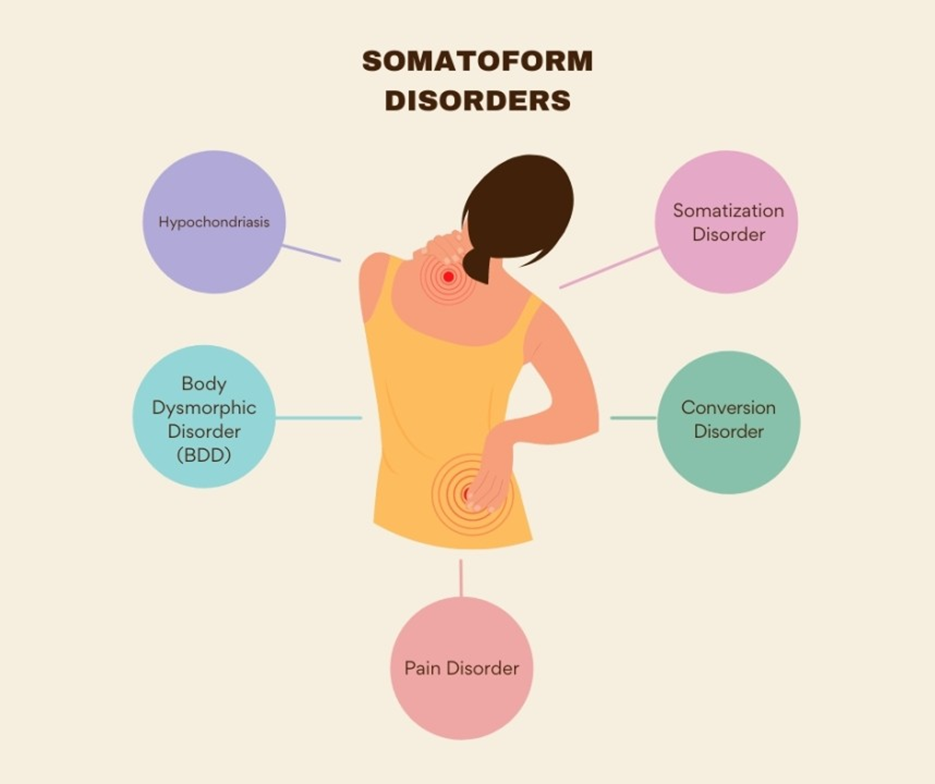A client diagnosed with an Anxiety Disorder tells a nurse that being in crowds creates thoughts of losing control and the need to suddenly leave. What should the nurse recommend as an effective, non-pharmacological therapy for managing the client’s symptoms of anxiety?
Cognitive Behavioral Therapy
Psychoanalytic therapy
Electroconvulsive (ECT) therapy
Family systems therapy
The Correct Answer is A
Choice A Reason:
Cognitive Behavioral Therapy
Cognitive Behavioral Therapy (CBT) is the most effective non-pharmacological treatment for anxiety disorders. CBT focuses on identifying and challenging negative thought patterns and behaviors that contribute to anxiety. It teaches clients practical skills to manage their anxiety, such as relaxation techniques, exposure therapy, and cognitive restructuring. Research has consistently shown that CBT can significantly reduce anxiety symptoms and improve overall functioning.
Choice B Reason:
Psychoanalytic therapy
Psychoanalytic therapy, based on the theories of Freud, aims to uncover unconscious conflicts and past experiences that influence current behavior. While it can be beneficial for some individuals, it is generally not considered the first-line treatment for anxiety disorders. Psychoanalytic therapy tends to be long-term and may not provide the immediate relief that clients with severe anxiety need.
Choice C Reason:
Electroconvulsive (ECT) therapy
Electroconvulsive therapy (ECT) involves the use of electrical currents to induce seizures in the brain and is primarily used to treat severe depression and certain other mental health conditions. It is not typically used as a treatment for anxiety disorders. ECT is considered a last-resort treatment when other therapies have failed, and it is not suitable for managing anxiety symptoms in most cases.
Choice D Reason:
Family systems therapy
Family systems therapy focuses on improving communication and relationships within the family unit. While it can be helpful for addressing family dynamics and support, it is not specifically designed to treat anxiety disorders. Family therapy may be used as an adjunct to other treatments, but it is not the primary approach for managing anxiety symptoms.
Nursing Test Bank
Naxlex Comprehensive Predictor Exams
Related Questions
Correct Answer is C
Explanation
Choice A Reason:
Administer the medication with food.
Administering clonazepam with food can help reduce gastrointestinal discomfort, but it is not the most critical consideration. While it is beneficial to minimize potential side effects like nausea, it does not address the primary safety concerns associated with clonazepam use.
Choice B Reason:
Administer the medication to the client at night to avoid daytime sedation.
Administering clonazepam at night can help avoid daytime sedation, which is a common side effect of benzodiazepines. However, this is not the most critical safety concern. While managing sedation is important, it does not address the potential for more serious interactions and risks.
Choice C Reason:
Encourage the client to avoid drinking alcohol when taking this medication.
This is the correct response. Alcohol can significantly increase the sedative effects of clonazepam, leading to dangerous levels of sedation, respiratory depression, and even death. It is crucial to educate clients about the risks of combining alcohol with benzodiazepines to prevent potentially life-threatening interactions.
Choice D Reason:
Assess for history of smoking.
While assessing for a history of smoking is part of a comprehensive health assessment, it is not the most critical consideration when administering clonazepam. Smoking does not have the same immediate and severe interaction risks with clonazepam as alcohol does.
Correct Answer is A
Explanation
Choice A Reason:
The client diagnosed with a somatoform disorder should have any new medical complaint evaluated.
This is the correct response. Clients with somatoform disorders often experience physical symptoms that cannot be fully explained by any underlying medical condition. However, it is crucial to evaluate any new medical complaints to rule out any actual medical conditions that may require treatment. This approach ensures that the client receives comprehensive care and that any potential medical issues are not overlooked.

Choice B Reason:
The client diagnosed with a somatoform disorder can be easily cured with medication.
This statement is incorrect. Somatoform disorders are complex and often require a multifaceted treatment approach, including psychotherapy, behavioral interventions, and sometimes medication to manage associated symptoms like anxiety or depression. There is no simple cure for somatoform disorders, and treatment typically focuses on managing symptoms and improving the client’s quality of life.
Choice C Reason:
The client diagnosed with a somatoform disorder has a real medical diagnosis for their symptoms.
While clients with somatoform disorders experience real and distressing symptoms, these symptoms are not typically linked to a diagnosable medical condition. The symptoms are believed to be related to psychological factors, and the focus of treatment is often on addressing these underlying psychological issues rather than finding a medical diagnosis.
Choice D Reason:
The client diagnosed with a somatoform disorder intentionally pretends to have physical symptoms.
This statement is incorrect. Clients with somatoform disorders do not intentionally fake their symptoms. Their symptoms are real to them and cause significant distress and impairment. The symptoms are not under the client’s conscious control, and they genuinely believe they are experiencing a medical condition.
Whether you are a student looking to ace your exams or a practicing nurse seeking to enhance your expertise , our nursing education contents will empower you with the confidence and competence to make a difference in the lives of patients and become a respected leader in the healthcare field.
Visit Naxlex, invest in your future and unlock endless possibilities with our unparalleled nursing education contents today
Report Wrong Answer on the Current Question
Do you disagree with the answer? If yes, what is your expected answer? Explain.
Kindly be descriptive with the issue you are facing.
